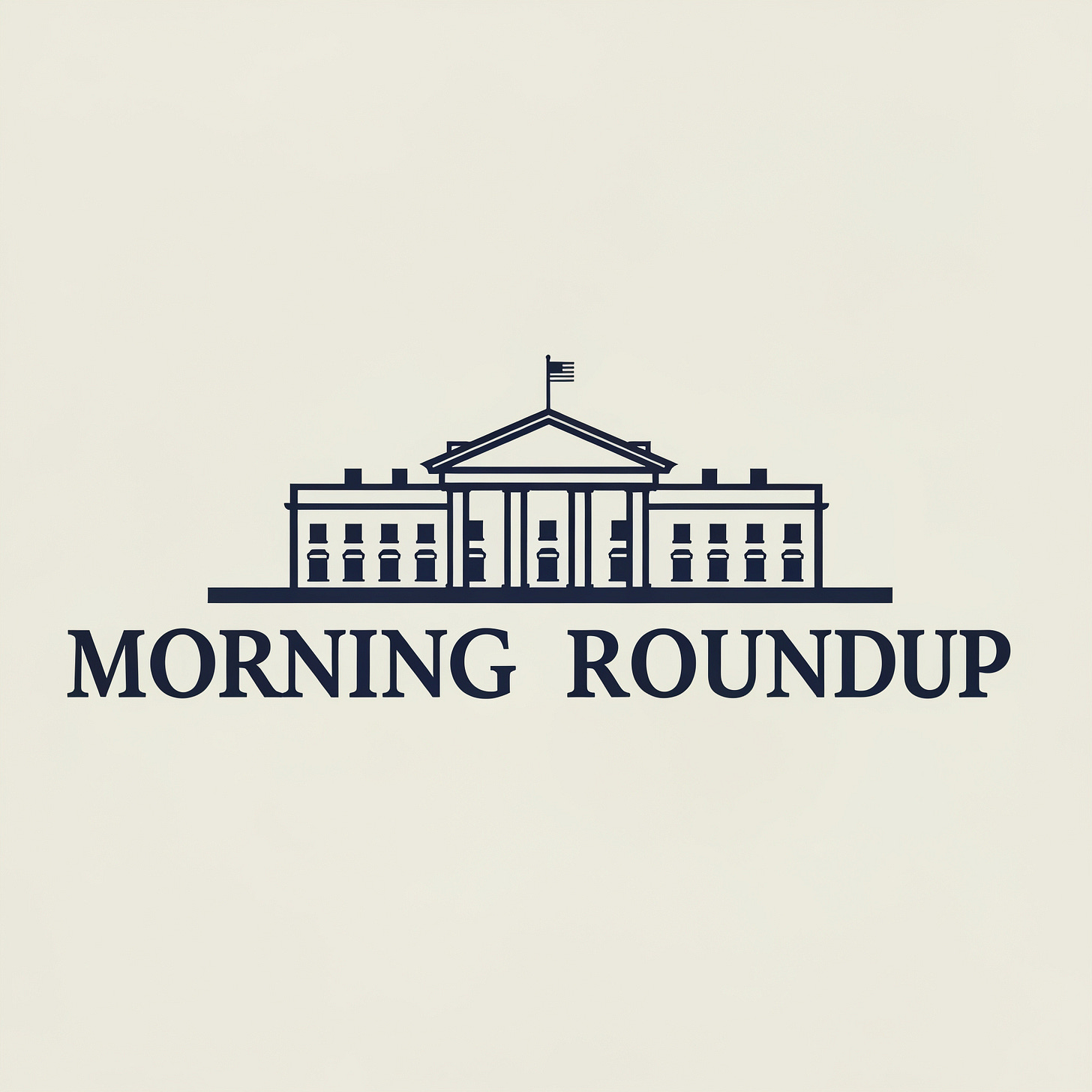Executive Functions Morning Roundup
A compilation of developments related to executive power
This is the last time you’ll receive Morning Roundup by email automatically because we don’t want to clog up the inboxes of those who do not want to receive the roundup. We’re setting up a way for you to opt into receiving Morning Roundup. Until then, starting with our next post, we will post the roundup in Substack notes, on X (@Exec_Functions), and on Bluesky (@execfunctions.bsky.social).
The Trump administration revealed Thursday that it believes President Trump has the constitutional authority to summarily remove administrative law judges. (NYT). (Letter from acting solicitor general).
The administration is claiming “it still has legal authority to do at least some of what it wants” in several cases where federal judges have blocked the administration’s efforts, according to legal experts. (WAPO).
The administration is also removing or reassigning some officials in the federal government working to counter foreign interference in U.S. elections. (NYT). See Bob’s related post from last week on “foreign influence” enforcement. And additional helpful commentary from Quinta Jurecic and Renee DiResta in Lawfare.
DOJ said Trump’s pardons for those connected to the Jan. 6 riot cover “unrelated crimes that were discovered during FBI searches stemming from the attack on the Capitol,” according to Politico.
The administration on Thursday repatriated all Venezuelan migrants it had previously brought to Guantanamo Bay. (NYT). Separate commentary from Charlie Savage.
D.C. District Court Judge Timothy Kelly rejected a motion from the watchdog organization American Oversight to compel the release of Volume II of the special counsel’s report on its investigation into President Trump’s handling of classified documents.
D.C. District Court Judge Randolph Moss halted the deportation of eight immigrants from the U.S. by administrative stay following an emergency motion. (Politico). (order).
In our pages, Bob examined what President Trump’s repudiation of government ethics demonstrates about the nature of his presidency.
Jack analyzed what the Trump administration’s early moves reveal about its conception of executive power, and assessed the possible check on administration actions by the Supreme Court. (The Economist).
The Economist, in its analysis of the first month of Trump 2.0, labels it “the most aggressive aggrandisement of presidential power since Franklin Roosevelt in the throes of the Great Depression.”
The NYT provided its take on the apparent legality of the actions Trump has taken so far.
Seven BYU law professors argued for the importance of the separation of powers in light of Trump’s first month in office. (Deseret).
Nick Bednar wrote a primer on the legality of efforts to decrease the size of the federal workforce. (Lawfare).
Steve Vladeck analyzed the apparent bank exception to the unitary executive theory and what it reveals about the theory. (One First).



